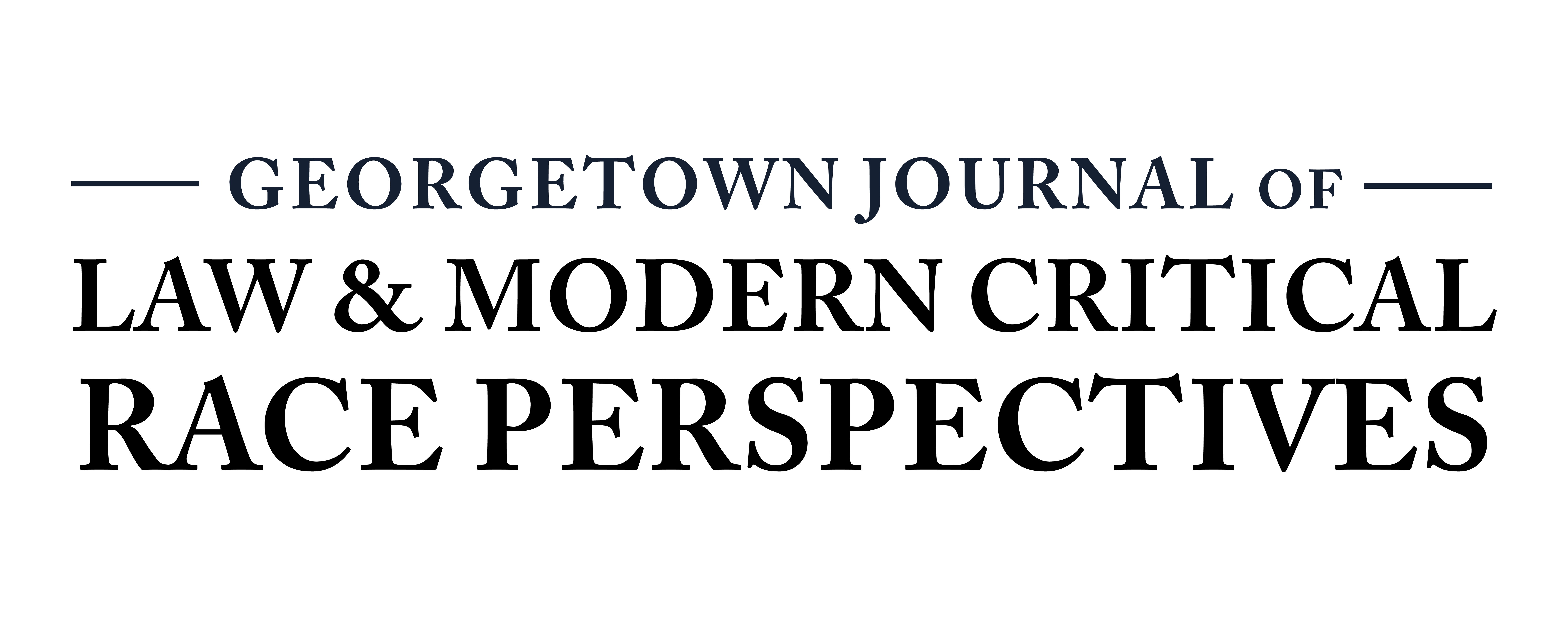The Power of the Past: Communal Memory Building and the Long-Term Impact of the Busing Crisis in South Boston and Roxbury
To say Boston has a complicated history with race is to lose sight of the fact that the city still intensely struggles with its racist history. Although the most famous moments of racial reckoning occurred in the 1960s and 1970s with the busing crisis, the impact of the legal decision and the social ramifications that followed continues to play out today. The pairing of South Boston, an enclave of white resistance to inte-gration, and Roxbury, one of Boston’s largest Black neighborhoods, created the most infamous locus of the busing crisis. The current realities of these two neighborhoods show the way in which legal decisions impact community relations and how laws outlive the moment of their making. As a 2016 Atlantic article succinctly put it, “[i]n order to think about how school integration can work…it is crucial to reckon with the history of school-desegregation efforts in cities like Boston.” Footnote #1 content: Matthew Delmont, The Lasting Legacy of the Busing Crisis, THE ATLANTIC (Mar. 29, 2016) https:// www.theatlantic.com/politics/archive/2016/03/the-boston-busing-crisis-was-never-intended-to-work/474264/.
Founded in 1980, the Summer Urban Program (SUP) has brought together over 130 college student staff members with over 800 youth from eight neighborhoods in the greater Boston area. The program helps to prevent summer learning loss and help students in historically underserved communities to improve academically. Footnote #2 content: Phillips Brooks House, Summer Urban Program (SUP), HARVARD UNIVERSITY, https://www.pbha. org/programs/sup/. In 2017, I was the co-director of the South Boston camp site. Every Friday, we would take our group of fifty campers from South Boston to another SUP site in Roxbury. South Boston and Roxbury are neighboring communities, just two miles and a 10- minute subway ride apart. But, every Friday, our campers would complain about having to make the trip to visit campers from the Roxbury SUP site.
SUP was created many years ago with the explicit purpose of addressing tensions between the two neighborhoods that remained after busing. Yet, almost forty-five years after Morgan v. Hennigan, the case that desegregated Boston schools, was decided, and with decades of changing demographics, there remains a tension between the students at South Boston and Roxbury public schools.
This paper will argue that the impact of community resistance and violence in these neighborhoods outlived the busing crisis, and that the narratives that grew out of those years continue to influence school policies today. By: (I) exploring the historical trauma inflicted by busing, this paper will (II) reveal the way that this historical trauma has informed community memory formation and perpetuated narratives of both busing and schooling in Boston and how theories surrounding these processes can provide insight into (III) the current status of South Boston and Roxbury Public schools as well as failed reform efforts. Ultimately, this paper will argue that theories around communal memory and trauma need to be considered when trying to remedy the results of past harms like segregation and busing, because not doing so often results in failed efforts. Only by understanding and addressing the harm caused by state action can political and community actors build meaningful support and progress towards the goal of quality education for all children–regardless of location, socio-economic status, or race.

